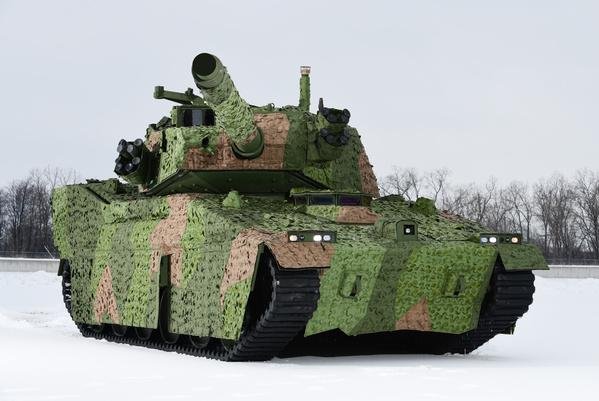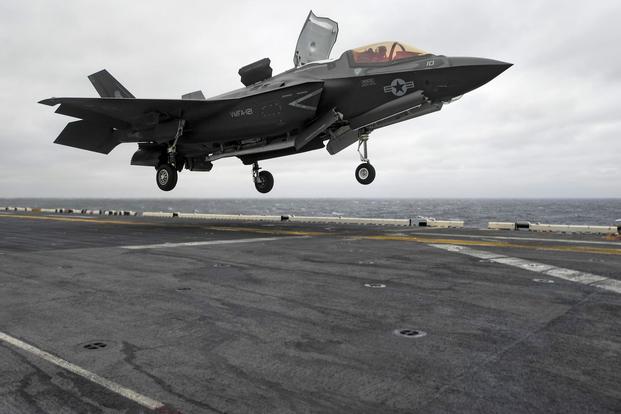The U.S. Navy is moving to scrap almost 140 older Hornet fighters from its inventory and accelerate the transition to
in a bid to cut the costs of maintaining old aircraft that have seen hard use over two decades of continuous combat operations.
The Navy projects it will recoup the better part of a billion dollars over the next five years, money used to fund other readiness initiatives both in
and elsewhere.
The plan, hashed out in June, is to strike F/A-18 “A” through “D” models for a total of 136 Hornets, 66 of which will be gone by the end of 2020.
“Two strike board reviews with Fleet, CNO, and NAVAIR personnel determined that 136 aircraft could be authorized for strike because their effective life was consumed and would require significant repair,” said Lt. Lauren Chatmas, a Navy spokeswoman. “The Navy will strike these aircraft over the course of fiscal years 2017 and 2020.”
The Navy thinks this is an opportunity to get some usable spare parts for the in-service jets and help the Marine Corps by sending it the best of the remaining aircraft.
“The decision was based upon readiness risk of existing F/A-18 A-D inventory, long term operational costs versus gain in capability, and the potential to improve USMC readiness by transferring best of breed aircraft to the USMC,” Chatmas said.
The plan recoups about $124 million in 2019 and $852 million across the five-year budget projection, Chatmas said. Four squadrons flying legacy Hornets will transition to the newer versions between now and the end of 2019, she said.
The Navy has been buying batches of Hornets in recent years to replace the ones that are at the end of their service lives. The service has been slow to buy its F-35C, citing development issues.
The Navy’s flight demonstration team, the Blue Angels, will have to sit tight with its legacy Hornets until there are enough “E” or “F” versions available to spare, Chatmas said.



